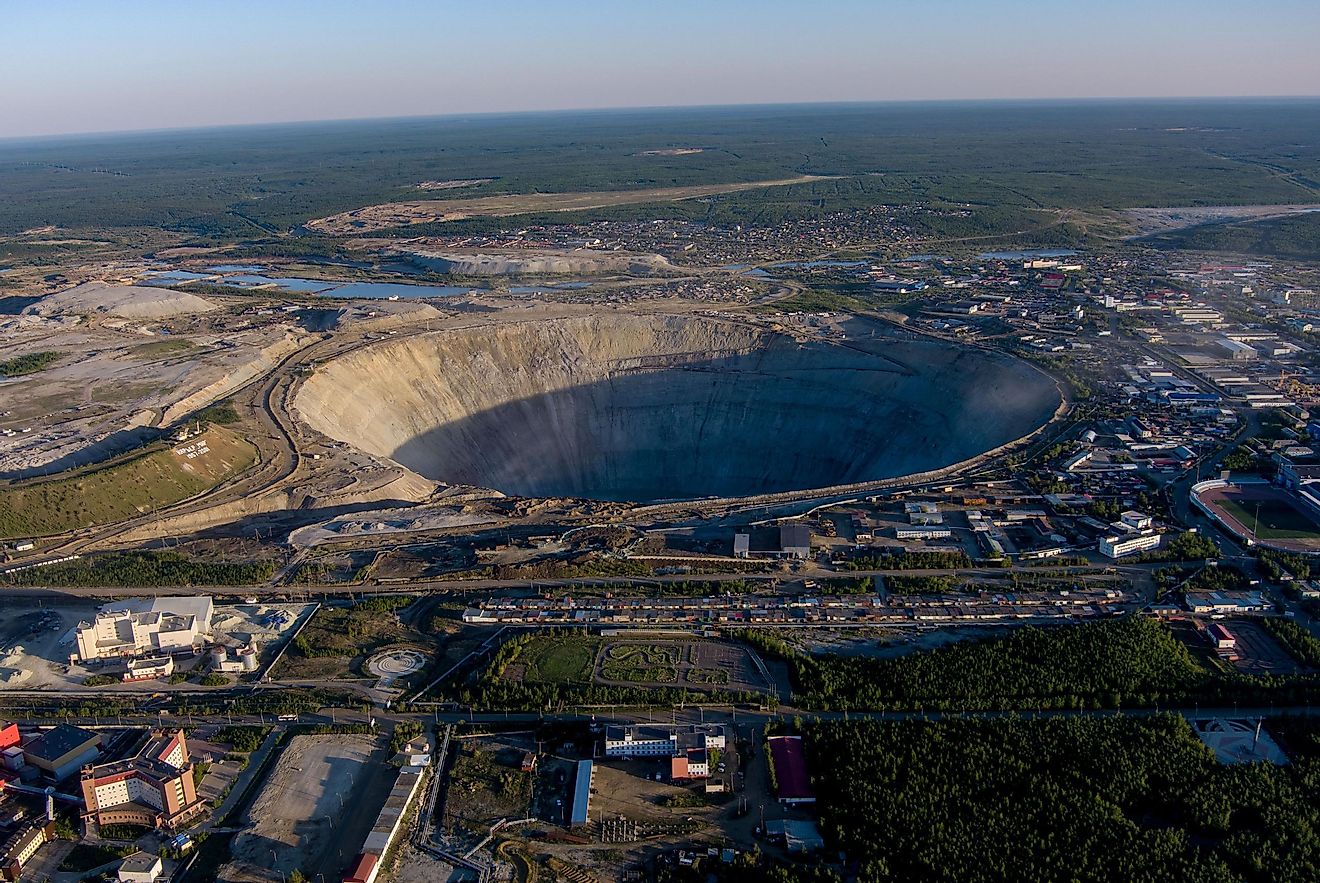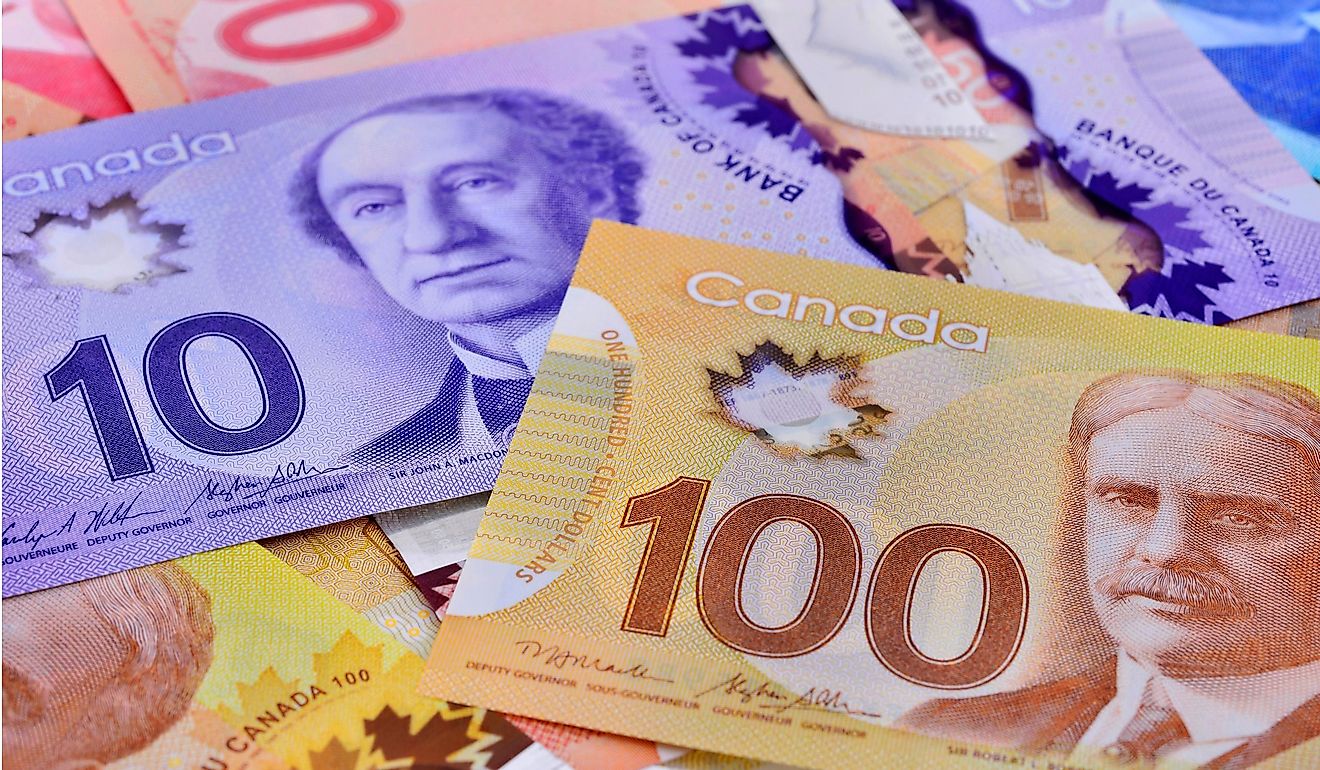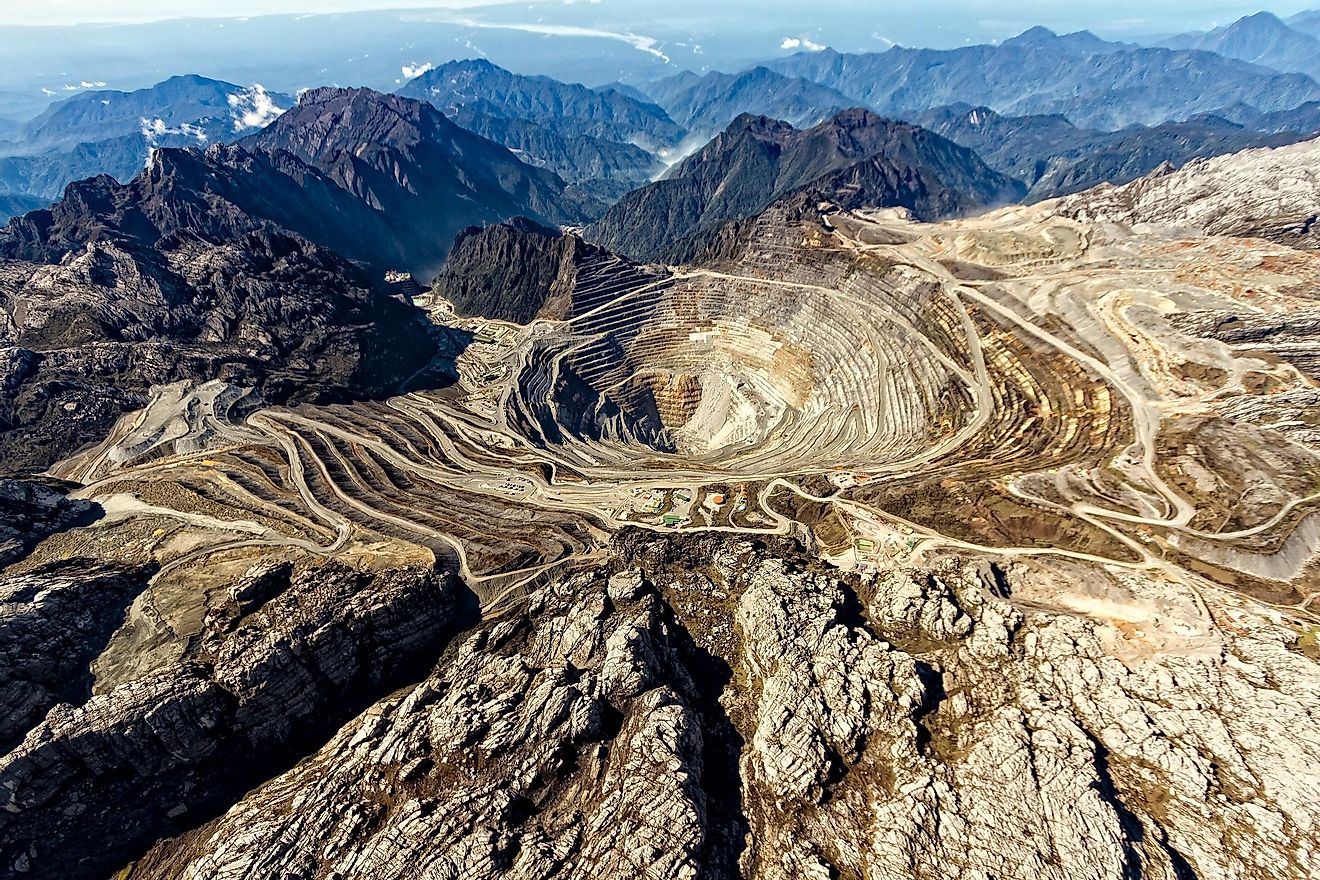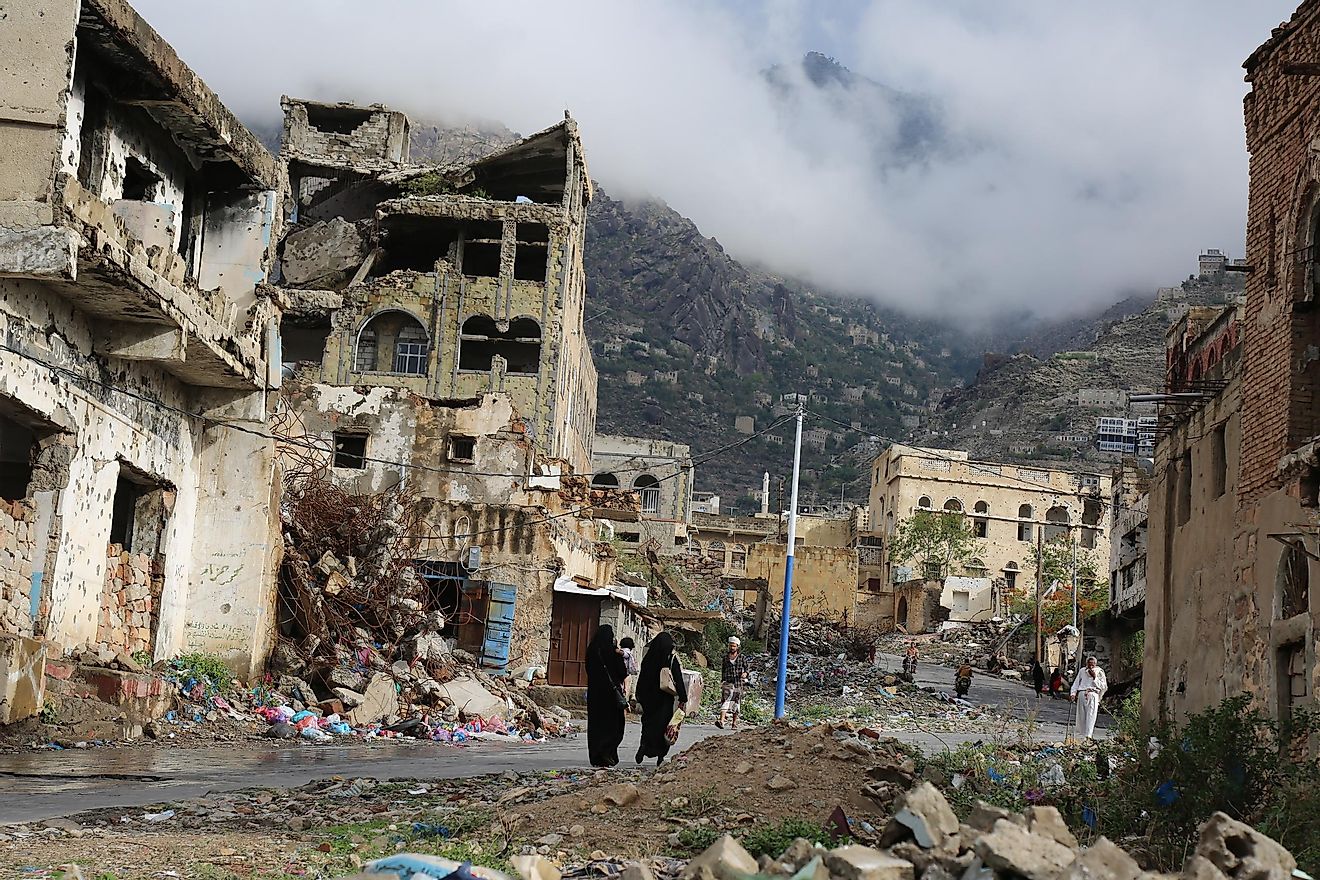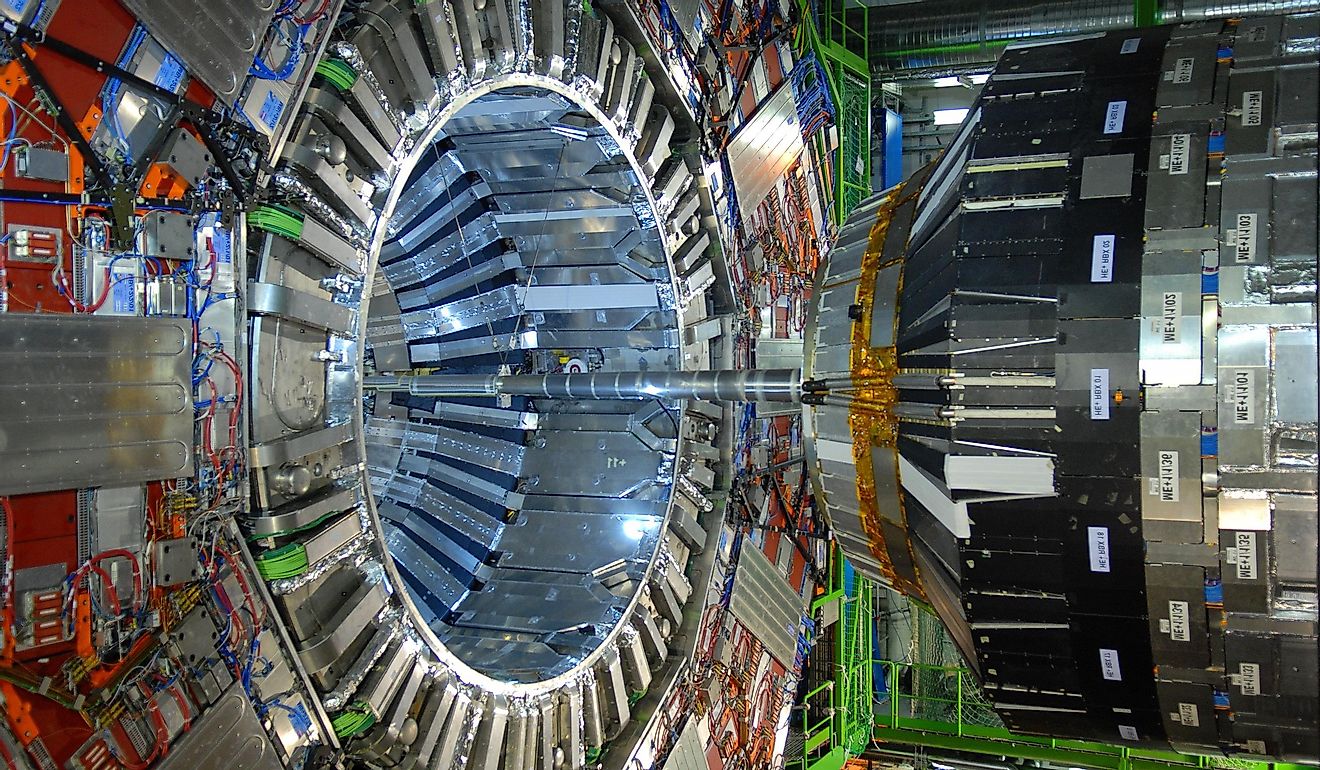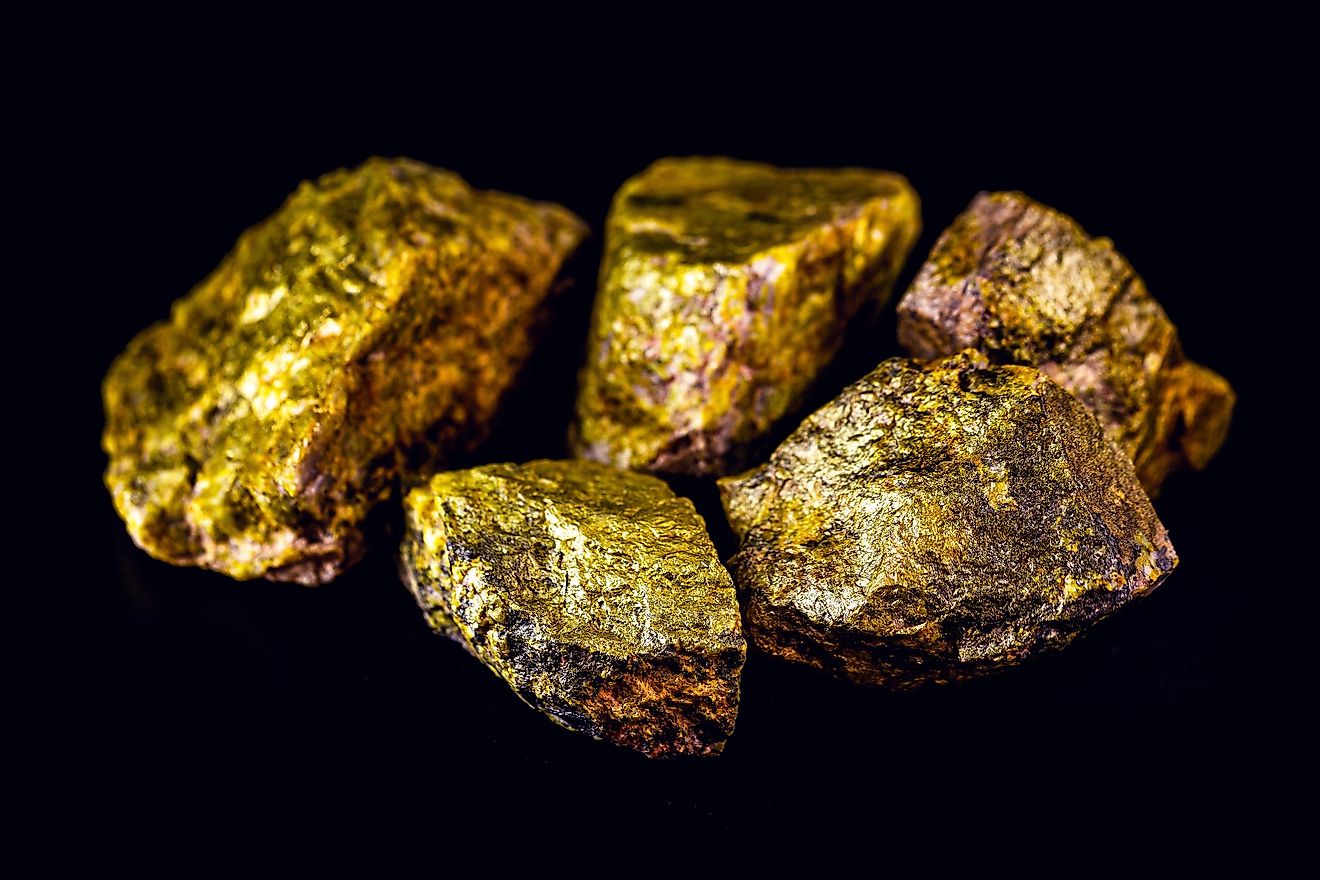What Are The Biggest Industries In Tunisia?

Tunisia's market-oriented economy has been cited as a success in Africa and the Arab world. However, it has faced an array of challenges since the 2011 Arab Spring Revolution including high rates of unemployment and slow economic growth. After the failed socialist economic policies of the 1960s, Tunisia embarked on a strategy to bolster exports, tourism and foreign investment all of which are now the country’s economic pillars. The primary exports are petroleum products, food products, fertilizers, and chemicals.
Liberal strategies coupled with investment in infrastructure and education fuel the 4-5% annual GDP growth. Economic policies spurred the economy into a continuous growth pattern until the mid-2000s when the government of former President Abidine Ben Ali was marred by corruption, mismanagement, nepotism, and wastage of funds. The cost of living and unemployment rose sharply, provoking the Arab Spring that led to the ouster of the president and the government.
The economy went on a downfall as investments and tourism declined sharply. Inflation and falling global prices of crude oil worsened the situation and spiraled the country into lawlessness. Although calm was restored, the successive government remains under pressure to rebuild the economy and mitigate socio-economic challenges especially unemployment and high cost of living. Terror attacks continue to impede the tourism sector that is yet to recover from the 2011 Arab Spring. Strikes in the education and manufacturing sectors have also affected the economy negatively as the country struggles to attract capital and multinationals.
Recovery measures initiated by the government include relaxing regulations imposed on the exchange rate, cutting the wage bill to curb fiscal deficit, promote exports to boost foreign currency reserves, reform the pension system, reduce subsidies, and the privatization of loss-making public entities.
The Biggest Industries In Tunisia
Agriculture
Agriculture plays a crucial role in Tunisia's economy accounting for 12% of the GDP and 16% of the workforce. Close ties with the European Union has influenced agricultural policies in the country including market control and food processing techniques. In 2018, about 20% of farm products were exported creating a production value of about 10 billion dollars. Tunisia is a mass producer and exporter of dates, citrus, and olive oil, while at the same time importing wheat, sugar, vegetable, barley, soybeans, and corn. A large part of the country is covered by the desert environment necessitating the use of irrigation. The country accounts for between 5 and 10% of olive oil, and 30 - 45% of dates imported by the United States. Over the last two decades, agricultural retail has experienced development fueled by distribution outlets including hypermarkets and supermarkets. The government offers up to 50% tax incentives to investors to encourage the acquisition of modern agricultural equipment to improve agriculture. In 2018 Tunisia and the United States agreed on several quality certifications to allow Tunisian products into the US market. Tunisia benefits from the generalized system of preference.
Oil Mining
Tunisia’s oil industry is modest compared to its neighbor Algeria, with about 400 million barrels of crude oil reserves. The country is also a minor producer of natural gas. Crude oil reserves are expected to last for nearly 45 years at the present rate of production, but oil refineries are unable to meet the domestic demand prompting the country to import refined oil. Intensive exploration of oil began in the early 1970s after Algeria discovered oil in its territory and since then, major explorations continue to be undertaken across the country. The country's main oil fields are located in Ashtart and Sidi el Kilani and El Borma.
Renewable Energy And Electricity
Tunisia is a mass producer of electricity, and the entire population is connected to the electricity grid. The current power production is about 5,781 megawatts of which 5,310 megawatts is produced by the 25 power plants in the country. Despite covering the entire state, the quality of power is still low with occasional brownouts. Tunisia produces 97% of its electricity from fossil fuel of which 73.5% is natural gas. Tunisia’s natural gas reserves and imports from neighboring Algeria means that the country is slow in harnessing renewable energy. Hydro and solar sources account for only 3% of electricity. The government adopted a renewable energy program in 2016 that seeks to generate up to 1,000 megawatts of renewable energy by 2021 and an additional 1,250 megawatts by 2025.
Automotive Parts, Equipment, And Services
Tunisia does not manufacture vehicles locally, but it has an assembly industry that assembles and services imported vehicle parts. The government utilizes a quota system to cap the number of vehicles that can be imported into the country to promote the purchase of locally assembled products. About 2 million vehicles ply the roads of the country while a further 60,000 are added annually.
